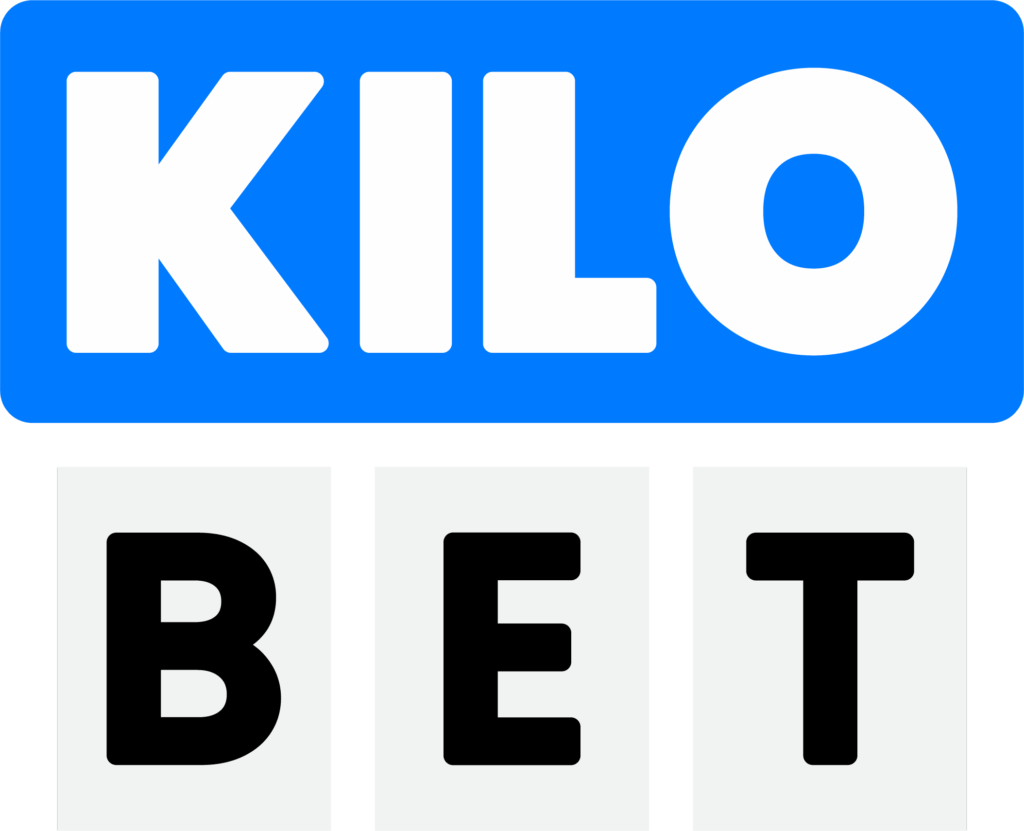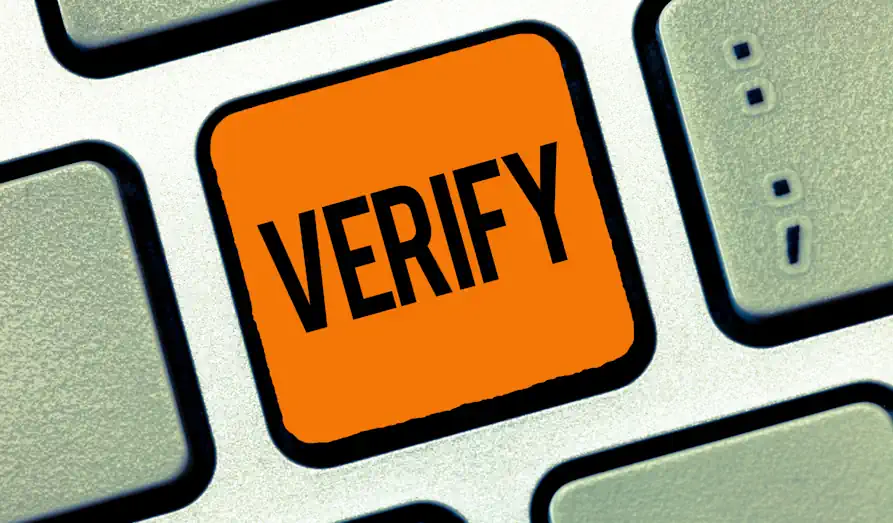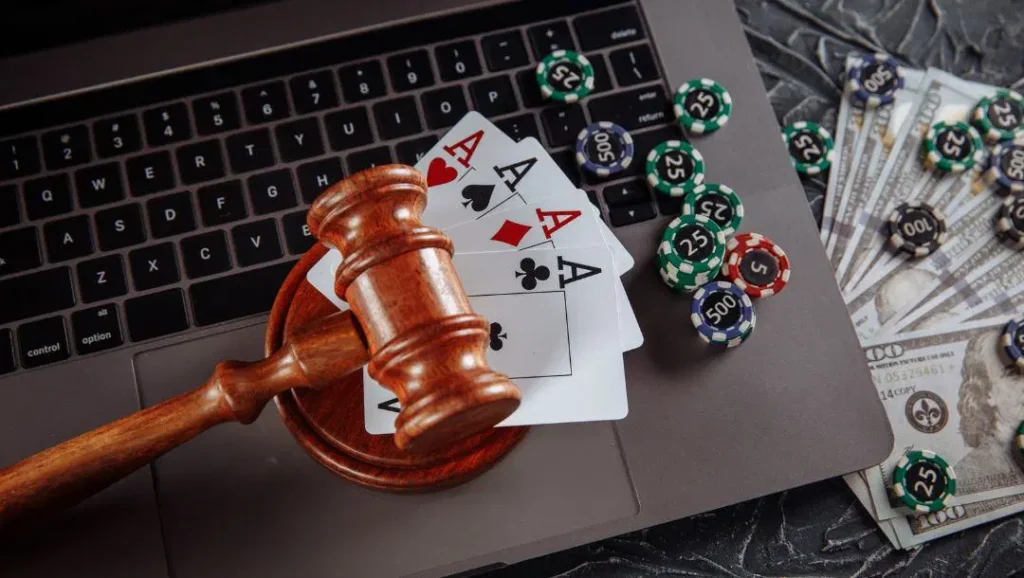Last Updated on 9 months by Bira Grey
Gambling has long been a part of Ireland’s cultural and social fabric, from horse racing to lotteries and, more recently, online casinos. With the rapid growth of the digital gambling industry, understanding the legal framework, licensing requirements, taxation policies, and responsible gambling measures is essential for players and operators alike. This article provides a comprehensive overview of gambling in Ireland, focusing on the legality of online gambling, licensing requirements, tax obligations, and player protection mechanisms.

Kilobet
Welcome Bonus [150%+100 FS or 200FS Welcome bonus]
- [Customize: e.g., 3500+ games]
- 150%+100 FS or 200FS Welcome bonus
- Convenience of the pastime
- 24/7 support
- [Customize: e.g., Weekly tournaments and cashback]
Overview of Irish Gambling Legislation
Ireland’s gambling landscape is governed by a combination of historical and modern legislation, with significant reforms introduced in recent years to address the complexities of online gambling. The primary legislative frameworks include the Betting Acts 1931 to 2015, the Gaming and Lotteries Act 1956, the National Lottery Act 2013, and the transformative Gambling Regulation Act 2024. These laws regulate various forms of gambling, including betting, gaming, lotteries, and online gambling, while ensuring player protection and compliance with international standards.
Key Legislative Milestones
- Betting Act 1931: This foundational law regulated bookmaking and sports betting in Ireland, requiring bookmakers to obtain a license from the Revenue Commissioners. It laid the groundwork for modern gambling regulation but was limited in addressing online activities.
- Gaming and Lotteries Act 1956: This act governs lotteries and certain gaming activities, prohibiting large-scale commercial casinos but allowing private members’ clubs to offer limited gaming. It was amended in 2019 to modernize some provisions but remained outdated for online gaming.
- Betting (Amendment) Act 2015: A pivotal update to the 1931 Act, this legislation extended licensing and taxation requirements to remote bookmakers and betting intermediaries, ensuring that offshore operators serving Irish customers comply with Irish law. It introduced a 2% betting duty on bets placed by Irish customers and a 25% commission tax on betting exchanges.
- Gambling Regulation Act 2024: Signed into law on October 23, 2024, this act represents the most significant overhaul of Irish gambling regulation in decades. It establishes the Gambling Regulatory Authority of Ireland (GRAI), a new independent body responsible for licensing, regulating, and enforcing gambling activities, including online gambling. The act repeals older laws, such as the Betting Act 1931 and Gaming and Lotteries Act 1956, and introduces modern licensing regimes, player protection measures, and advertising restrictions.
Is Online Gambling Legal in Ireland?
Yes, online gambling is legal in Ireland, provided operators hold a valid license from the Irish Revenue Commissioners or, following the commencement of the Gambling Regulation Act 2024, from the GRAI. The Betting (Amendment) Act 2015 extended licensing requirements to remote bookmakers and betting intermediaries, ensuring that offshore operators serving Irish customers are regulated and taxed. However, online casino gaming (e.g., slots, poker, roulette) has been less explicitly regulated until recently, as the Gaming and Lotteries Act 1956 did not account for digital platforms.
Under the Gambling Regulation Act 2024, online gambling is now fully integrated into the regulatory framework. Operators offering online gaming, betting, or lotteries must obtain a B2C license from the GRAI, with specific sub-categories for remote operations. This ensures that all online gambling activities, including casinos, are subject to oversight, player protection measures, and anti-money laundering (AML) compliance.
Taxation of Gambling Winnings in Ireland
One of the most appealing aspects of gambling in Ireland for players is the tax treatment of winnings. In Ireland, gambling winnings are generally not subject to personal income tax for individual players, regardless of whether they are earned from lotteries, sports betting, or casino games. This applies to both land-based and online gambling, making Ireland an attractive destination for recreational gamblers.
However, operators face significant tax obligations:
- Betting Duty: A 2% excise duty is levied on the turnover of bets placed by Irish customers with licensed bookmakers, including remote operators. This was increased from 1% in 2019.
- Commission Tax on Betting Exchanges: A 25% tax applies to commissions charged by betting intermediaries, such as betting exchanges.
- VAT on Casino Services: Private members’ clubs operating as casinos must charge 23% VAT on gaming revenue, but this does not affect players directly.
The Gambling Regulation Act 2024 does not introduce new taxes for players but maintains the existing framework for operator taxation. The act also establishes a Social Impact Fund, funded by licensee contributions, to support research and initiatives aimed at reducing problem gambling.
| Tax Type | Rate | Applicable to | Source |
|---|---|---|---|
| Betting Duty | 2% | Bookmakers’ turnover (bets) | |
| Commission Tax | 25% | Betting exchanges’ commissions | |
| VAT on Casino Services | 23% | Private members’ clubs’ gaming revenue | |
| Personal Tax on Winnings | 0% | Individual players |
How to Verify a Casino’s License

For players, ensuring that an online casino or betting platform is licensed is critical for safety and legality. In Ireland, the licensing process is currently managed by the Revenue Commissioners, but this responsibility will transition to the GRAI as the Gambling Regulation Act 2024 is fully implemented. Here’s how to verify a casino’s license:
- Check the Operator’s Website: Licensed operators are required to display their license details, including the issuing authority (Revenue Commissioners or GRAI) and license number, on their website. Look for this information in the footer or “About Us” section.
- Consult the Revenue Commissioners’ Register: The Revenue Commissioners maintain a public register of licensed bookmakers, remote bookmakers, and betting intermediaries. This can be accessed on the revenue.ie website or by contacting their office directly.
- Verify with the GRAI (Post-2024): Once the GRAI is fully operational, it will maintain a Register of Licensed Operators for all gambling activities, including online casinos. Players can check this register on the GRAI’s official website ([email protected] for inquiries).
- Look for Third-Party Certifications: Reputable online casinos often hold licenses from international authorities, such as the Malta Gaming Authority (MGA) or the UK Gambling Commission (UKGC), in addition to Irish licenses. These certifications indicate compliance with high standards of fairness and security.
- Avoid Unregulated Platforms: Be cautious of operators that do not display licensing information or are not registered with the Revenue Commissioners or GRAI. Unlicensed platforms may operate illegally and lack player protections.
Licensing Requirements for Operators
To obtain a gambling license in Ireland, operators must meet stringent requirements to ensure financial stability, player protection, and compliance with AML regulations. Under the Betting (Amendment) Act 2015, remote bookmakers and betting intermediaries must:
- Obtain a Certificate of Personal Fitness from the Minister for Justice for key personnel or corporate officers.
- Pay applicable license fees and taxes (e.g., 2% betting duty).
- Implement robust AML policies, including customer due diligence and reporting suspicious transactions.
The Gambling Regulation Act 2024 introduces a broader licensing framework, with three main categories:
- B2C Licenses: For operators offering gambling services directly to consumers (e.g., online casinos, betting platforms).
- B2B Licenses: For providers of gambling-related services, such as software developers, odds providers, or hosting services.
- Charitable/Philanthropic Licenses: For organizations raising funds through lotteries or gaming.
Applicants must demonstrate compliance with player protection measures, advertising restrictions, and financial transparency. The GRAI will set license fees based on the operator’s turnover and the type of gambling activity.
Responsible Gambling: Player Protection Measures

Ireland places a strong emphasis on responsible gambling, with legislation designed to protect vulnerable players, prevent underage gambling, and combat problem gambling. The Gambling Regulation Act 2024 introduces several measures to enhance player safety, building on existing frameworks like the Gambling Control Bill 2013 (which proposed but did not implement similar reforms).
Key Responsible Gambling Initiatives
- Self-Exclusion Programs:
- The National Gambling Exclusion Register, established under the 2024 Act, allows players to voluntarily exclude themselves from all licensed gambling operators in Ireland. Operators are prohibited from accepting bets from self-excluded individuals.
- Players can opt for temporary or permanent exclusion, with mechanisms to enforce compliance across online and in-person platforms.
- Spending and Stake Limits:
- The 2024 Act imposes maximum stake limits of €10 and maximum winnings limits of €3,000 for casino games, lotteries (excluding the National Lottery), and bingo. These restrictions aim to reduce the risk of excessive gambling but have faced criticism from operators for potentially driving players to unregulated markets.
- Operators must offer tools for players to set deposit, loss, and time limits on their accounts.
- Age Verification:
- The legal gambling age in Ireland is 18, with some land-based casinos requiring players to be 21 or older. Operators must implement robust age verification processes, including identity checks, to prevent underage gambling.
- The 2024 Act prohibits children from participating in gambling or accessing gambling premises, with penalties of up to 5 years’ imprisonment for non-compliant operators.
- Advertising Restrictions:
- A watershed ban prohibits gambling advertisements on television, radio, and on-demand media between 5:30 AM and 9:00 PM. This protects minors and vulnerable individuals from exposure to gambling promotions.
- Operators are banned from offering inducements, such as free bets or VIP treatments, to encourage gambling. Social media advertising requires players to opt in.
- Anti-Money Laundering (AML) Policies:
- Gambling operators are classified as “designated persons” under the Criminal Justice (Money Laundering and Terrorist Financing) Act 2010. They must conduct customer due diligence, monitor transactions, and report suspicious activities to authorities.
- The 2024 Act reinforces these obligations, requiring operators to implement comprehensive AML frameworks.
- Social Impact Fund:
- Funded by licensee contributions, this fund supports research, education, and community interventions to address problem gambling. It aims to reduce the social and economic harms associated with excessive gambling, which affects an estimated 1 in 30 adults in Ireland.
| Responsible Gambling Measure | Description |
|---|---|
| Self-Exclusion Register | National register for voluntary exclusion from all licensed operators |
| Stake/Winnings Limits | €10 max stake, €3,000 max winnings for casino games and lotteries |
| Age Verification | Mandatory ID checks to ensure players are 18+ |
| Advertising Watershed | No gambling ads on TV/radio from 5:30 AM to 9:00 PM |
| AML Compliance | Customer due diligence and suspicious transaction reporting |
| Social Impact Fund | Funds research and initiatives to reduce problem gambling |
Challenges and Criticisms
While the Gambling Regulation Act 2024 has been hailed as a landmark reform, it has faced criticism from industry stakeholders. Operators argue that strict stake and winnings limits may make certain games, such as progressive jackpot slots, unviable, potentially pushing players to unregulated “black market” platforms. Additionally, the advertising watershed and inducement bans have raised concerns about reduced competitiveness for licensed operators compared to offshore platforms not subject to Irish law.
On the player side, the lack of regulation for online casino gaming prior to 2024 created vulnerabilities, as some Irish players used offshore platforms not governed by Irish law. These platforms often lack the same level of player protection, highlighting the importance of choosing licensed operators.
FAQ
Below are answers to common questions about gambling in Ireland, based on official sources and regulations.
- Is online gambling legal in Ireland?
Yes, online gambling is legal in Ireland, provided the operator holds a valid license from the Revenue Commissioners or, post-2024, the Gambling Regulatory Authority of Ireland (GRAI). The Betting (Amendment) Act 2015 and Gambling Regulation Act 2024 regulate online betting, gaming, and lotteries, ensuring compliance with player protection and AML standards. - Do I have to pay tax on casino winnings in Ireland?
No, individual players in Ireland are not required to pay personal income tax on gambling winnings, whether from online or land-based gambling. This applies to lotteries, sports betting, and casino games, as confirmed by the Revenue Commissioners. - How can I verify if an online casino is licensed in Ireland?
Check the operator’s website for license details, including the issuing authority (Revenue Commissioners or GRAI) and license number. You can also consult the Revenue Commissioners’ public register of licensed operators or, once operational, the GRAI’s Register of Licensed Operators. Reputable casinos may also hold international licenses from bodies like the Malta Gaming Authority (MGA). - What are the requirements for obtaining an Irish gambling license?
Operators must obtain a B2C license from the GRAI (or Revenue Commissioners pre-2024), provide a Certificate of Personal Fitness for key personnel, pay license fees, and comply with AML and player protection regulations. The Gambling Regulation Act 2024 outlines three license types: B2C, B2B, and charitable/philanthropic, with fees based on turnover. - Can I gamble on offshore platforms not licensed in Ireland?
While it’s not illegal for Irish players to use offshore platforms, it’s risky. Unlicensed operators may not comply with Irish player protection or AML standards, increasing the risk of fraud or unfair practices. Always choose licensed platforms verified by the Revenue Commissioners or GRAI. - What is the Gambling Control Bill 2013?
The Gambling Control Bill 2013 was a proposed reform to modernize Ireland’s gambling laws, introducing licensing for online gaming and player protection measures. It was never enacted but influenced the Gambling Regulation Act 2024, which implemented many of its proposals, including the establishment of the GRAI.
Conclusion
Ireland’s gambling industry has undergone significant transformation with the introduction of the Gambling Regulation Act 2024, which modernizes the regulatory framework and establishes the Gambling Regulatory Authority of Ireland (GRAI). Online gambling is legal and increasingly well-regulated, with operators required to obtain licenses, comply with AML policies, and implement robust player protection measures. Players benefit from tax-free winnings and access to responsible gambling tools, such as self-exclusion and spending limits, designed to promote safe play.
To ensure a secure gambling experience, players should verify an operator’s license through the Revenue Commissioners or GRAI, prioritize platforms with strong player protections, and be aware of responsible gambling resources. As Ireland continues to refine its gambling regulations, the balance between industry growth, player safety, and public health remains a key focus, positioning the country as a leader in responsible gambling regulation.
